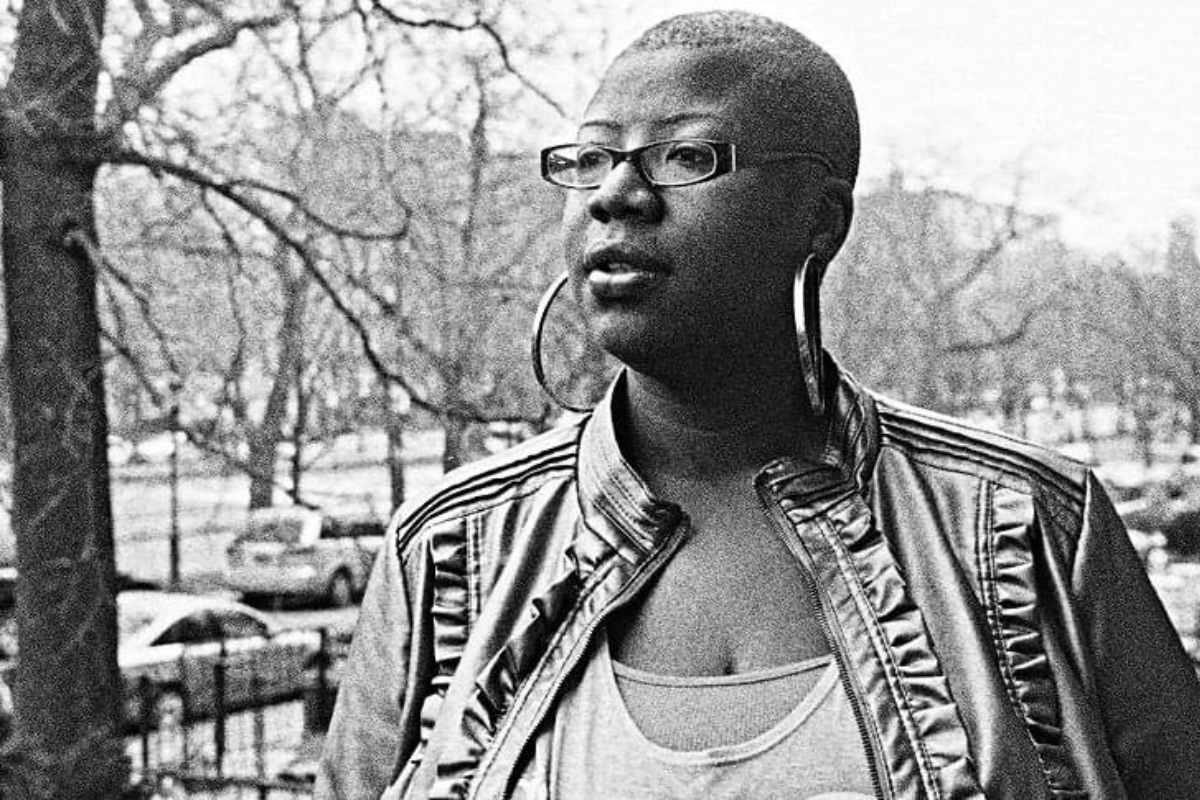Mama’s Writing is Raising Mothers’ monthly interview series, curated by Deesha Philyaw.
Are there days when you feel like a mother who writes, and others when you feel like a writer who is a mother?
Although I embraced writing before motherhood, I became more a writer since becoming a mother, so I am a mother who writes.
How has parenting influenced your writing?
Parenting has been the catalyst for much, if not all of my writing. Not that I write solely about my daughter, but being a mother has been the space where I have been prodded to explore the relationships with my own parents and grandparents, and how those relationships and lives have been impacted and are intertwined with history. Parenting has also been the catalyst for my thinking and writing about the future and world making.
How has writing influenced your parenting?
Writing has affected my parenting by showing my daughter that she will need to create the space that she needs to do what she needs and wants to do. I have had to make the space and time to write. It is where I center myself and my needs, and I think that makes me a more conscientious parent, in terms of the needs of my daughter. Not only is it an example for her to follow, but it allows me to see her more clearly when she needs to do the same.
Who are your writer-mama heroes?
Some of my writer-mama heroes are Toni Morrison, Ntozake Shange, Alice Walker, Lucille Clifton, Nikki Giovanni, and Frances Ellen Watkins Harper.
What three words describe you as a mother?
Conscious, kind, and loving.
What three words describe you as a writer?
Reflective, thoughtful, and orderly.
Aiesha Turmanrecently completed her PhD in Interdisciplinary Studies with a concentration in Humanities in Culture at Union Institute & University, where she also received certificates in Creative Writing and Women’s and Gender Studies. Her dissertation, There’s Always Been an Afrofuture: Black Women’s Literature as Technology of Protest explores Afrofuturism’s Black feminist literary lineage beginning with the mid 19th century to the present. She is founder and Director of The Black Girl Project, a socially engaged arts practice that encourages Black women, girls, and femmes to use the arts to explore issues surrounding identity, culture, and individual and collective future-making. She has served as writer and historical advisor for The Weeksville Project, a multi-part audio drama that was performed live at the historic Weeksville Heritage Society in Brooklyn, NY. She was recently chair of the English Department at St. Joseph High School, in Brooklyn where she developed a richly layered curriculum rooted in feminist praxis and social justice. She currently teaches part-time in the English Department at Hunter College.
Thanks for reading! If you enjoy Raising Mothers, please consider making a one-time or recurring contribution to help us remain ad-free. If even a fraction of subscribers signed up to contribute $1 per month, Raising Mothers could be self-sustaining!

